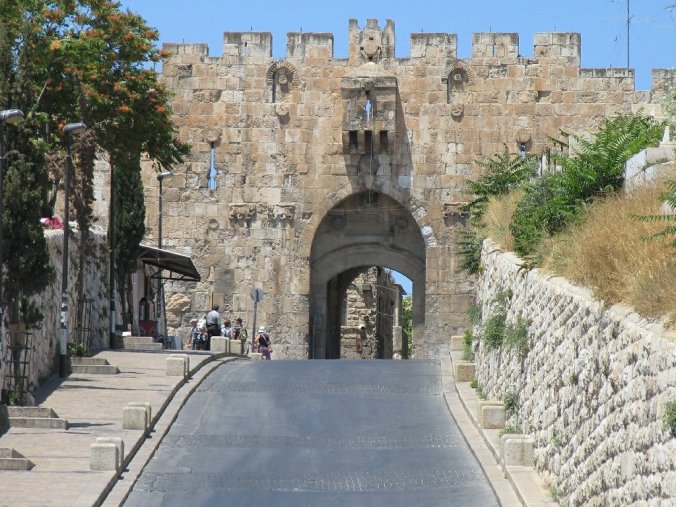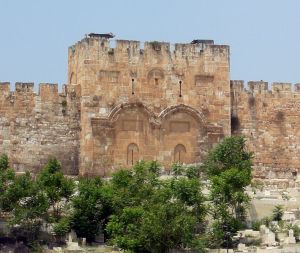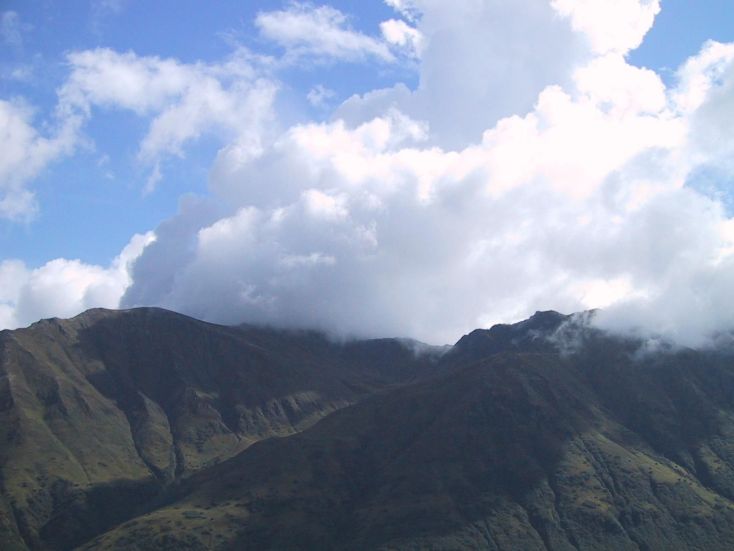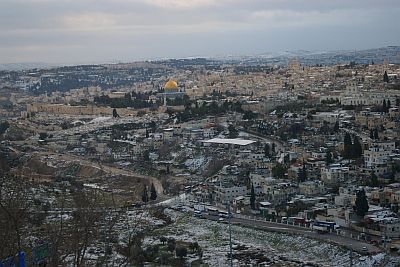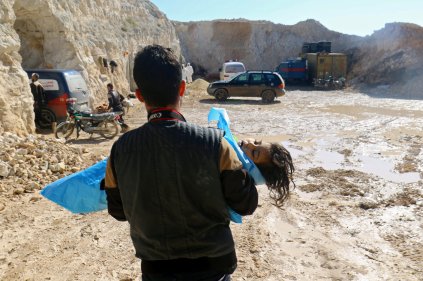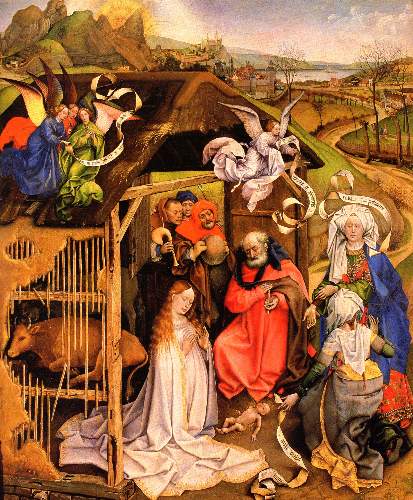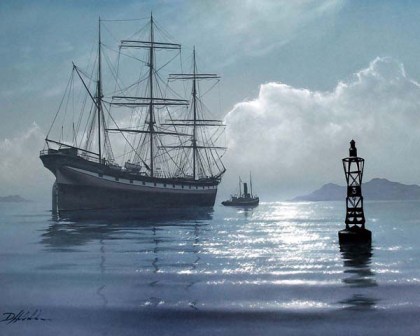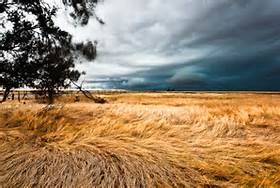 Scripture Text: John 12: 20-36 (Holy Tuesday)
Scripture Text: John 12: 20-36 (Holy Tuesday)
Now among those who went up to worship at the festival were some Greeks. They came to Philip, who was from Bethsaida in Galilee, and said to him, “Sir, we wish to see Jesus.” Philip went and told Andrew; then Andrew and Philip went and told Jesus. Jesus answered them, “The hour has come for the Son of Man to be glorified. Very truly, I tell you, unless a grain of wheat falls into the earth and dies, it remains just a single grain; but if it dies, it bears much fruit. Those who love their life lose it, and those who hate their life in this world will keep it for eternal life. Whoever serves me must follow me, and where I am, there will my servant be also. Whoever serves me, the Father will honor. “Now my soul is troubled. And what should I say—‘Father, save me from this hour’? No, it is for this reason that I have come to this hour. Father, glorify your name.” Then a voice came from heaven, “I have glorified it, and I will glorify it again.” The crowd standing there heard it and said that it was thunder. Others said, “An angel has spoken to him.” Jesus answered, “This voice has come for your sake, not for mine. Now is the judgment of this world; now the ruler of this world will be driven out. And I, when I am lifted up from the earth, will draw all people to myself.” He said this to indicate the kind of death he was to die. The crowd answered him, “We have heard from the law that the Messiah remains forever. How can you say that the Son of Man must be lifted up? Who is this Son of Man?” Jesus said to them, “The light is with you for a little longer. Walk while you have the light, so that the darkness may not overtake you. If you walk in the darkness, you do not know where you are going. While you have the light, believe in the light, so that you may become children of light.” After Jesus had said this, he departed and hid from them.
And now the conversation turns to this talk of death and loss. We’d like to run now, to hastily make our exit back through that heavy gate behind us. We’re not sure that our journey really prepared us at all. But it is too late. The hour has come.
The reading starts by telling us of the arrival of some Greeks. Now this may seem to us to be sort of periphery to the point of the story but it’s not. For you see, this arrival of the Greeks is something new. It marks the beginning of an entirely new section of the Gospel. These are not merely Greek-speaking Jews, but Gentiles who have made the pilgrimage to Jerusalem for the Passover feast. These are non-Jews, Gentiles from across the sea who wanted to meet the Hebrew holy man. This is the beginning of the world seeing Jesus and knowing who he is. They approach Philip and request to “see” Jesus, to have a meeting with him. Perhaps they want to know more of who this Jesus is. Perhaps they just want to talk to him. Or perhaps they want to become disciples. But regardless of why they are here, their arrival points to the fulfillment of the church’s future mission—to make disciples of Jesus Christ for the redemption of the world. This is the decisive dividing line between Jesus coming as a Jewish Messiah and Christ, through his death and resurrection, fulfilling God’s promise for the renewal and redemption of all of Creation. Now is the time for the Son of Man to be glorified. Jesus did not just come to save you and me. Remember, Jesus is the Savior of the World. Jesus has begun to draw the world into the Cross.
Change is all around us. Our world is beginning to shake a bit. Sure, we could run, go back to our old ways, to the comfort and safety of home. We could yell and scream and demand that someone put it back the way it was. The problem is that nothing stays the same. Even if we could return, it would not feel like home. For you see, this journey has changed us. We have lived this season of clearing and surrender. We are different. We don’t look different but we do see differently.
But what is this thing with wheat? (OK, to the end, Jesus seemed to continue speaking in confusing parables!) Well, wheat is a caryopsis, meaning that the outer “seed” and the inner fruit are connected. The seed essentially has to die so that the fruit can emerge. If you were to dig around in the ground and uproot a stalk of wheat, you would not find the original seed. It is dead and gone. In essence, the grain must allow itself to be changed. So what Jesus is trying to tell us here is that if we do everything in our power to protect our lives the way they are—if we successfully thwart change, avoid conflict, prevent pain—then at the end we will find that we have no life at all. He goes on…”Those who love their life lose it, and those who hate their life in this world will keep it for eternal life. Whoever serves me must follow me, and where I am, there will my servant be also. And whoever does this, God will honor.” This is the only time that the Gospel speaks of God honoring someone. And we begin to see the connection unfolding. Whoever follows Jesus through his death, will become part of his everlasting life.
You see, we can’t go back to what we know because it is no longer ours. The Light has become part of us. Jesus wanted us to understand not just that he was leaving, not just that his death was imminent, but that this journey to the cross was not just his to make, but ours. This lifting up and this drawing in is all ours. We ARE the Children of the Light. Now is the time to walk with Jesus to the cross.
Discipleship is not limited to what you can understand – it must transcend all comprehension. Plunge into the deep waters beyond your own understanding, and I will help you to comprehend. Bewilderment is the true comprehension. Not to know where you are going is the true knowledge. In this way Abraham went forth from his father, not knowing where he was going. That is the way of the cross. You cannot find it in yourself, so you must let me lead you as though you were a blind man. Not the work which you choose, not the suffering you devise, but the road which is contrary to all that you choose or contrive or desire – that is the road you must take. It is to this path that I call you, and in this sense that you must be my disciple. (Martin Luther)
This Lenten journey was not preparing us for this by building us an armor to protect us. It was preparing us by stripping away all that we know, all that we have planned. It was preparing us to truly see Jesus and to realize that the journey to the Cross is not something that we watch, not something that we just walk along offering Jesus moral support; rather, the journey to the Cross is ours. What does it mean to you to die to self? Of what do you need to let go? What must you put down so that you can pick up the Cross? The air has changed. Jesus is walking to the Cross. Where are you?
Grace and Peace,
Shelli
